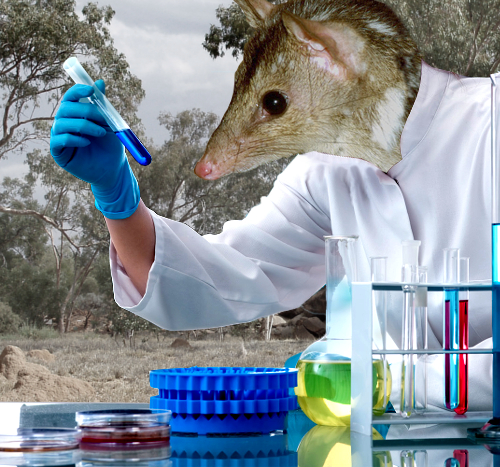Science group effects tallied
 The Australian Academy of Science has measured the benefits of Australia’s membership of major global science organisations.
The Australian Academy of Science has measured the benefits of Australia’s membership of major global science organisations.
The report shows that Australia benefits as a member of global science organisations by:
- receiving a direct economic return—estimated at $118 million from 2000 to 2017— through hosting scientific union meetings in Australia and other activities
- receiving indirect benefits such as the invaluable opportunities for Australian scientists, especially young scientists, to collaborate with international leaders in ways that greatly accelerate delivery of the long-term economic benefits of scientific progress for Australia
- providing opportunities for Australian perspectives to contribute efforts to use science to solve global challenges
- enhancing Australia’s international scientific profile and reputation
“As members of international science organisations, Australians scientists have the opportunity to help shape science in our region and beyond,” said the Academy’s Foreign Secretary, Professor Elaine Sadler.
“While Australia benefits from its membership of the International Science Council and the International Scientific Unions, we would derive greater scientific and economic benefits by taking a more strategic approach.”
Diplomacy through science also provides benefits to Australia and the national interest is well served when scientific activities open doors and broker dialogue with other nations, especially where geopolitical issues might otherwise slow positive cooperation.
“In Australia science is an under-used element in diplomacy and it is not yet recognised as a key soft power asset, whilst in countries around the world science diplomacy is fast becoming a strategic part of the national tool kit,” Professor Sadler said.
The experts say Australia has felt the absence of an international engagement strategy for science, technology and innovation with long-term resourcing.
The report, Benefits of Australian membership of the International Science Council and International Scientific Unions, is available here.







 Print
Print